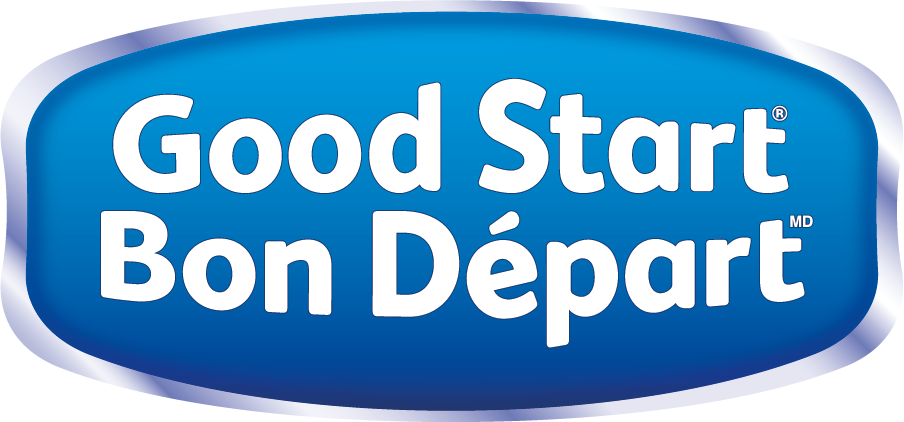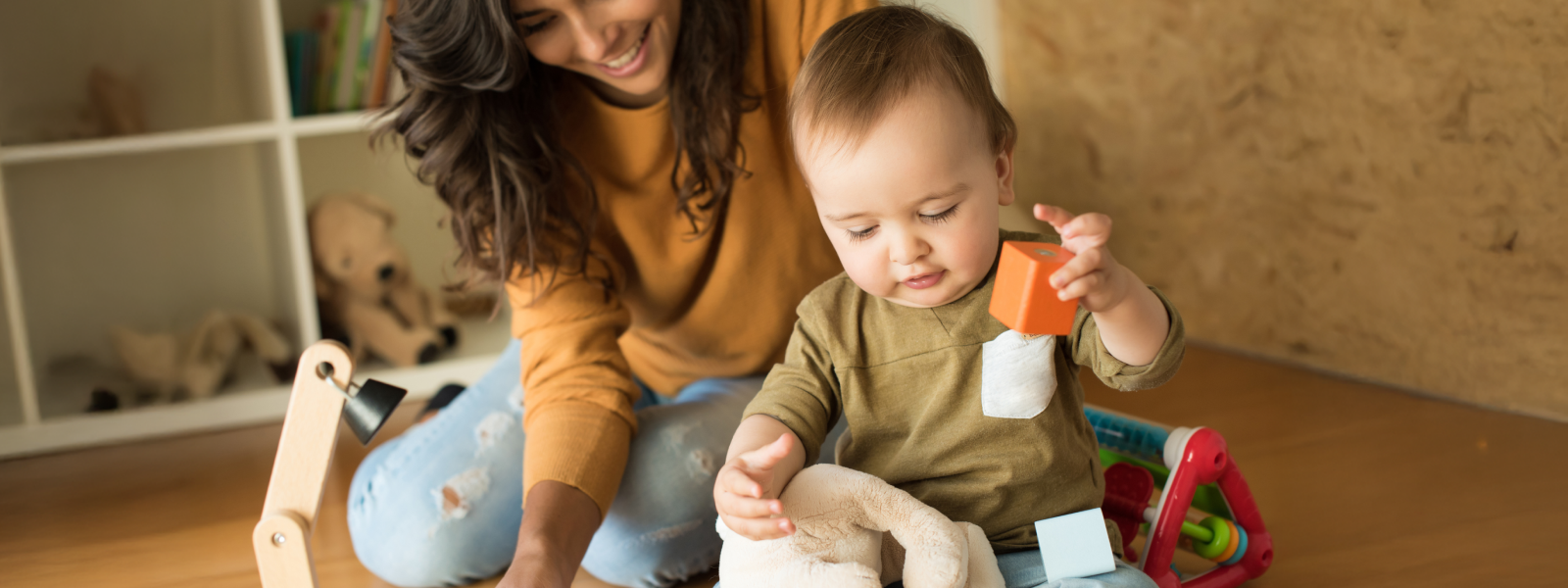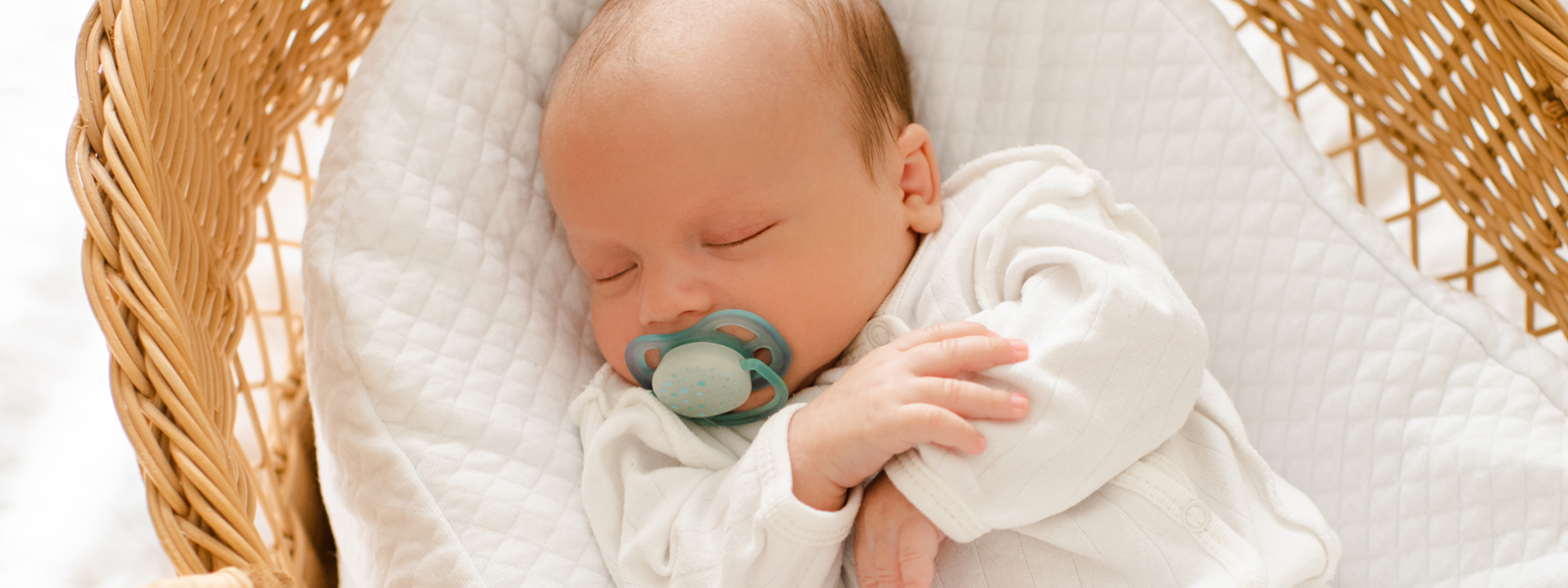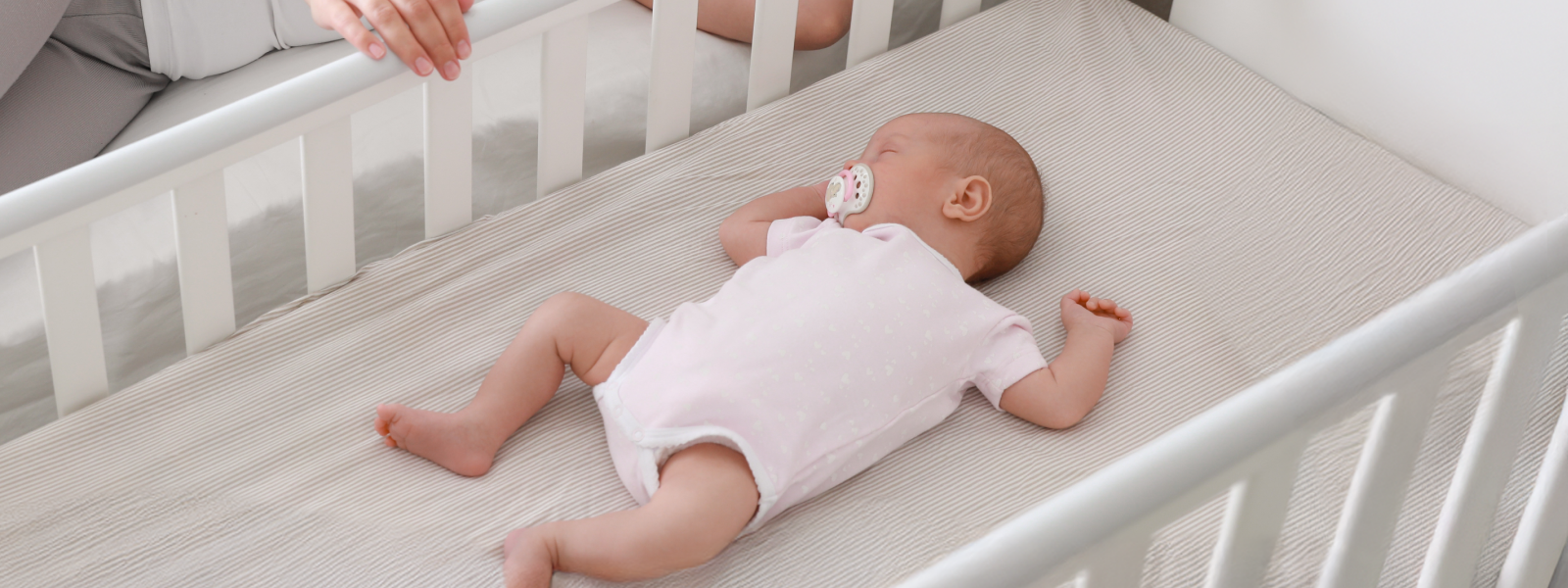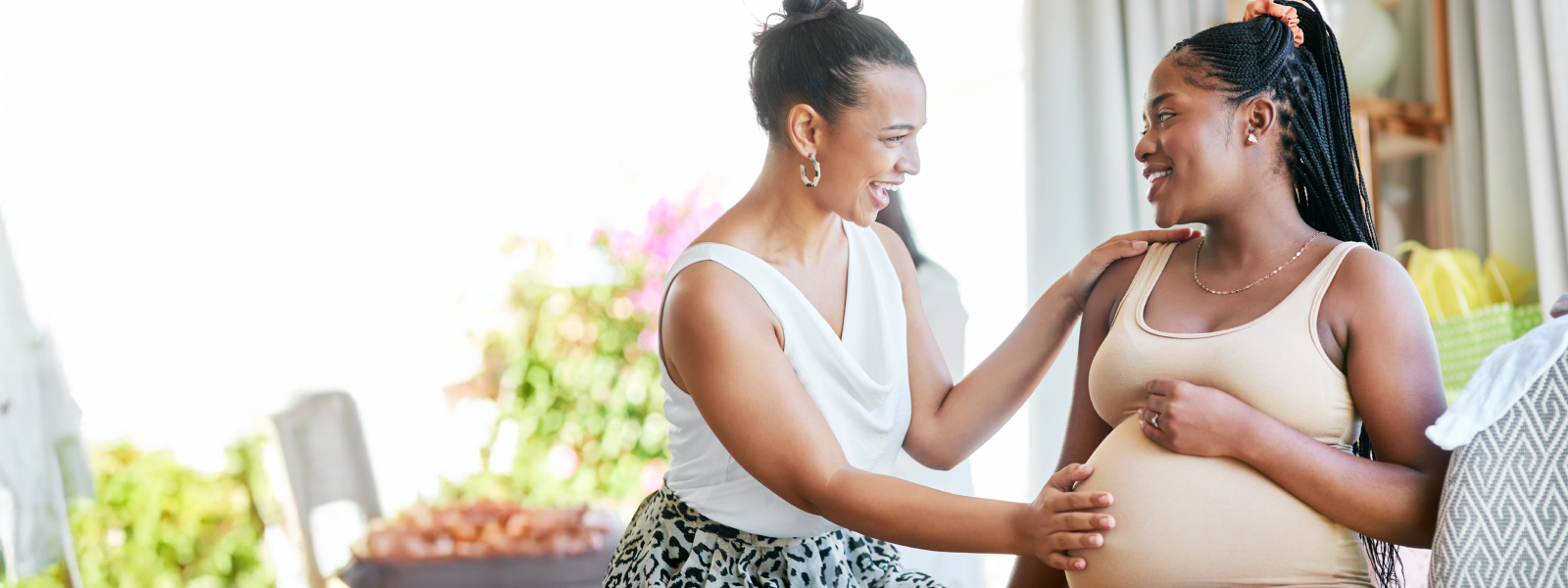At around week 25, your baby may have much more energy, with a growing curiosity and eagerness to explore the world around them. You might notice them trying to arch their back or squirm out of your arms to get to the floor. You may observe your little one moving with more purpose and focus than before. They may now be reaching, grabbing, and engaging with their surroundings in new and wonderful ways, marking a key milestone in their physical and mental development.
A time of exploration
The arching, squirming, and desire to move are signs that your baby’s muscles are developing, and they’re getting ready to explore on their own. Many babies begin pushing with their fingers and toes toward something they want. A good way to encourage these developing skills is to place toys just out of reach during playtime, which may inspire your little one to stretch and roll (and soon crawl) to reach them . You can also bring water toys to the bathtub to help develop their coordination skills. Always ensure your baby is supervised.
At this stage, your baby may start to explore textures, shapes, and tastes by putting everything in their mouth. No need to worry, this is perfectly normal and may help your baby better understand their surroundings.
Gaining strength and coordination
Your baby may also begin refining their motor skills soon after the six-month milestone. You may notice them examining toys like a little detective and then passing the toy back and forth from hand to hand, as they practice their developing dexterity. It’s a joy to watch as they explore their new abilities.
Babies may challenge themselves to sit up without support between six and seven months, when their neck and back muscles gain strength. They may even start bearing a little weight on their legs. These milestones are important steps in developing baby’s balance and strength that will eventually help them sit, stand, and walk.
Babbling and bonding
At this stage, your baby's communication abilities might begin to flourish. You’ll likely hear more vowel-consonant combinations, and they might start mimicking sounds. You may also notice your little one responding to their name and recognizing simple words. Expressions of happiness, excitement, and even frustration are signs that their communication skills are developing.
To support their budding abilities, engage your baby in activities like reading aloud, singing songs, uttering simple repetitive phrases, and showing them different objects while you slowly say their names. These steps can help build your little one’s vocabulary and language skills.
Top takeaways
The six-month mark is a time bursting with energy and new discoveries. Encourage your little one’s development through frequent play and communication. Watching your baby develop into a little explorer is a joy you’ll treasure forever.
Remember, all babies develop at their own pace. Consult your doctor on your baby's progress.
HealthLink BC. Your child’s development from birth to 3 years. Accessed March 2025. https://www.healthlinkbc.ca/healthlinkbc-files/your-childs-development-birth-3-years
Canadian Paediatric Society. Caring for kids.cps.ca. Your child’s development: What to expect. Accessed March 2025. https://caringforkids.cps.ca/handouts/behavior-and-development/your_childs_development

